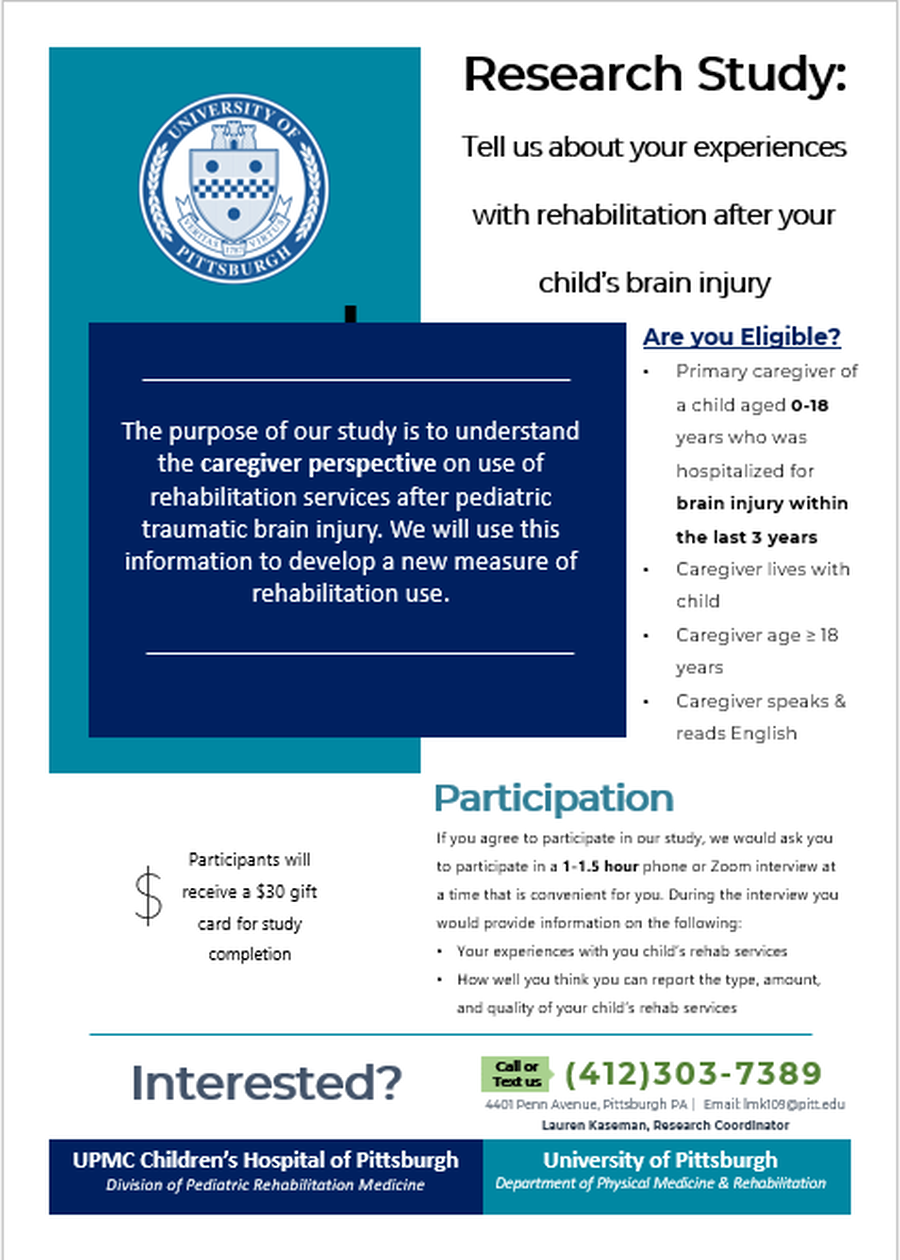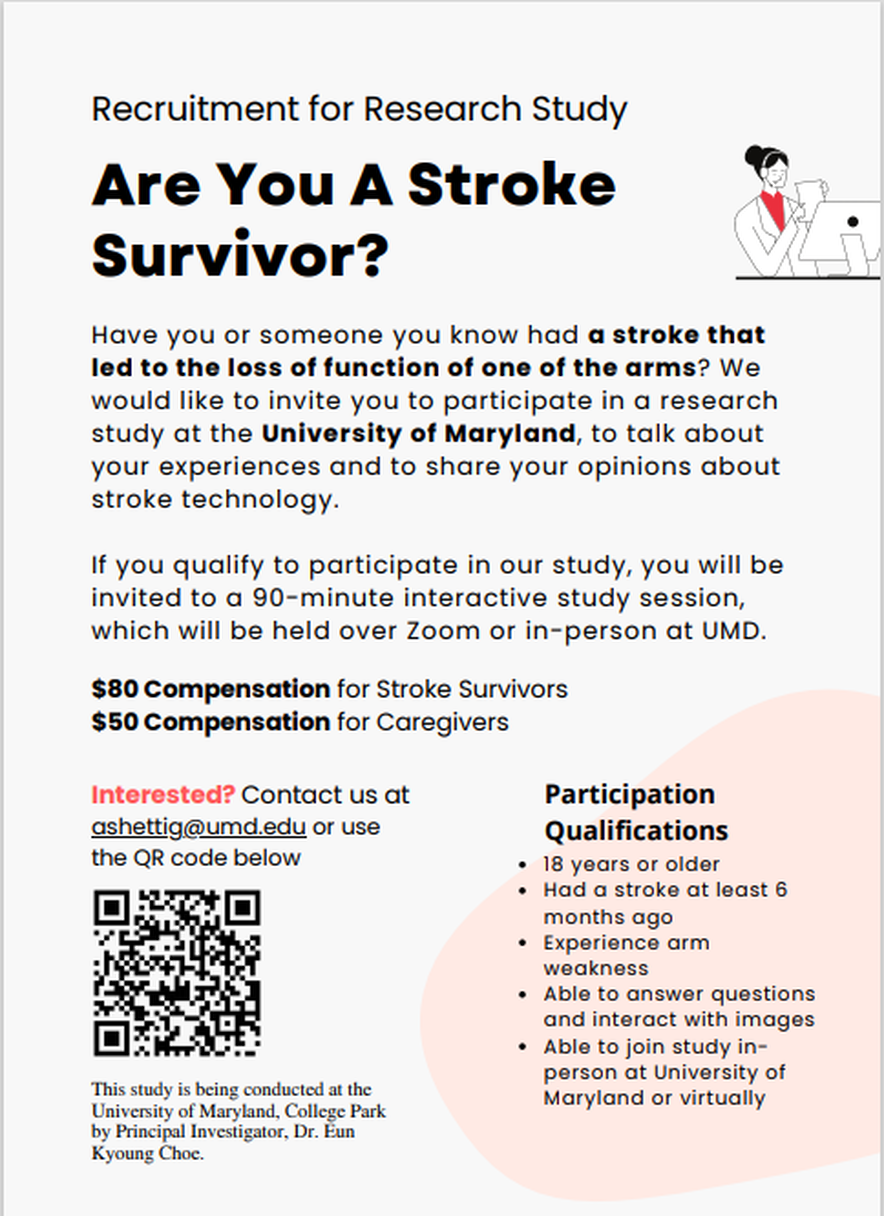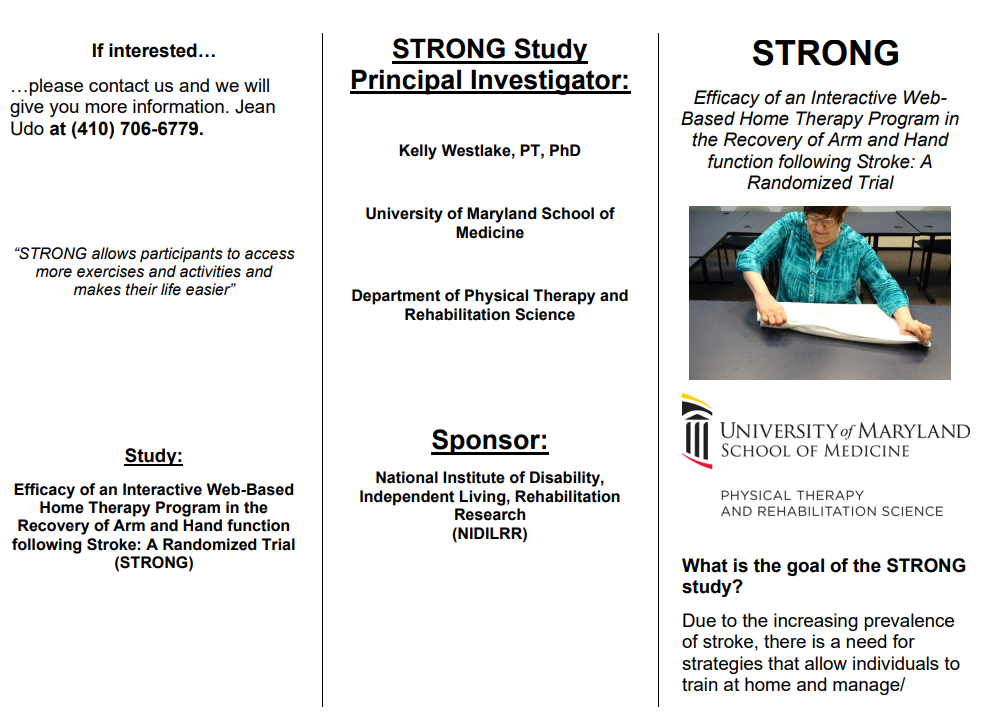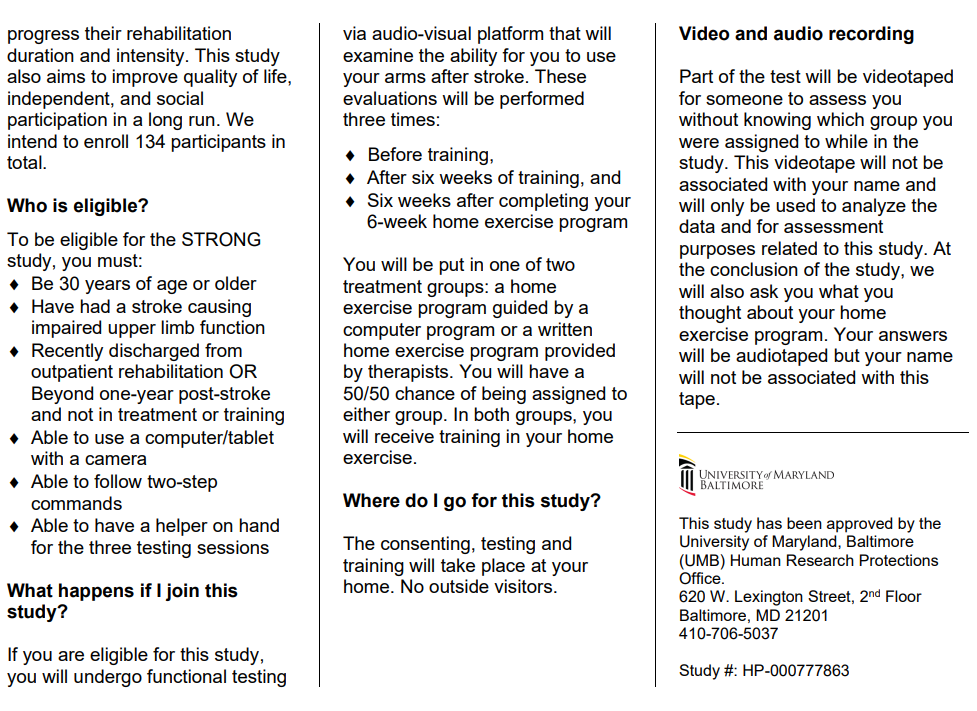Brain Donation is Urgently Needed
The work to solve complex brain disorders has progressed rapidly in the last 20-30 years as scientists identified the genomic foundations of many diseases. Breakthroughs are closer than ever now, but scientists simply cannot get there without an adequate supply of human brain tissue. In late 2013, the National Institutes of Health (NIH) established the NeuroBioBank (NBB) to provide researchers with high quality, well-characterized human brain tissue for their investigations.
This precious inventory is stored at a network of brain banks that are contracted to retrieve, prepare for lab use, store and distribute donated brain tissue for neurologic research. Demand for tissues from donors with certain disorders, from specific brain regions, or even non-diseased tissues from so-called “control” brains can quickly deplete these valuable reserves—putting life-saving research in jeopardy. Low supplies will slow progress. To find out more, click HERE
This precious inventory is stored at a network of brain banks that are contracted to retrieve, prepare for lab use, store and distribute donated brain tissue for neurologic research. Demand for tissues from donors with certain disorders, from specific brain regions, or even non-diseased tissues from so-called “control” brains can quickly deplete these valuable reserves—putting life-saving research in jeopardy. Low supplies will slow progress. To find out more, click HERE
RUM Cognitive Interview Study
JHU Synapse Online Peer Support Group
Remote TBI study for Young People, Tessler Foundation
Long-Term Effect of Traumatic Brain Injury Study, UMD
Remote Research Trial at The Center for Neuroscience and Regenerative Medicine, USUHS
Pediatric Brain Injury Research Study at Children’s Hospital of Pittsburgh
Stroke Study at the University of Maryland, College Park
Volunteers Needed for Online Stroke Survivor Research Study
|
The University of Maryland, School of Medicine is running a federally funded home-based online stroke rehabilitation study that compares the use of a home exercise program guided by a computer to a written exercise program for individuals with limited arm function following a stroke. They are recruiting volunteers until August 2022. The stroke rehabilitation study is led by Dr. Kelly Westlake.
Who can join?
For more information, click HERE. |
If you Live in a Rural Area and Use Personal Assistance Services:
Tell Researchers What You Think!
Researchers from the University of Montana are conducting a study on rural personal assistance services. They are looking for people to be interviewed over the phone or via video chat.
People who live in any rural area, in any state, who use these services are welcome to participate. You may be compensated for your time.
Researchers want to learn about your disability, the types of personal assistance services you receive, what your workers are like, how you train them, and about your general community and health experiences.
Contact Rayna Sage to learn more or sign up! Email: [email protected] 406-243-5233
People who live in any rural area, in any state, who use these services are welcome to participate. You may be compensated for your time.
Researchers want to learn about your disability, the types of personal assistance services you receive, what your workers are like, how you train them, and about your general community and health experiences.
Contact Rayna Sage to learn more or sign up! Email: [email protected] 406-243-5233
Kessler Foundation Solicits Participants for a Telehealth Study
Are you a spouse or partner of a person with a traumatic brain injury (TBI)? Researchers at Kessler Foundation are conducting a telehealth study comparing the effectiveness of two different types of group wellness interventions for partner caregivers of individuals with TBI. This study is open to men and women at least 18 years of age who meet the following criteria:
The study will take 20 weeks to complete. All participation will take place through a secure online website and live video conferencing - no in-person visits are required! Participation will include:
There will be no contact required between weeks 8-20. Participants will be compensated $300 for completion of the study. If interested in participating, please contact Samantha Schmidt at sschmidt@kesslerfoundation or at 973-323-3686.
- Are in an intimate relationship with a person with TBI for at least one year prior to their injury.
- Your partner was discharged from inpatient rehabilitation at least 3 months ago.
- You provide care to your partner on a daily basis.
- You have access to the internet in a private location.
The study will take 20 weeks to complete. All participation will take place through a secure online website and live video conferencing - no in-person visits are required! Participation will include:
- Completing questionnaires during week one (1-2 hours).
- Attending one 75-minute online wellness class per week for a total of six weeks.
- Completing follow-up questionnaires during week 8 (1-2 hours)
- Completing follow-up questionnaires during week 20 (1-2 hours).
There will be no contact required between weeks 8-20. Participants will be compensated $300 for completion of the study. If interested in participating, please contact Samantha Schmidt at sschmidt@kesslerfoundation or at 973-323-3686.









